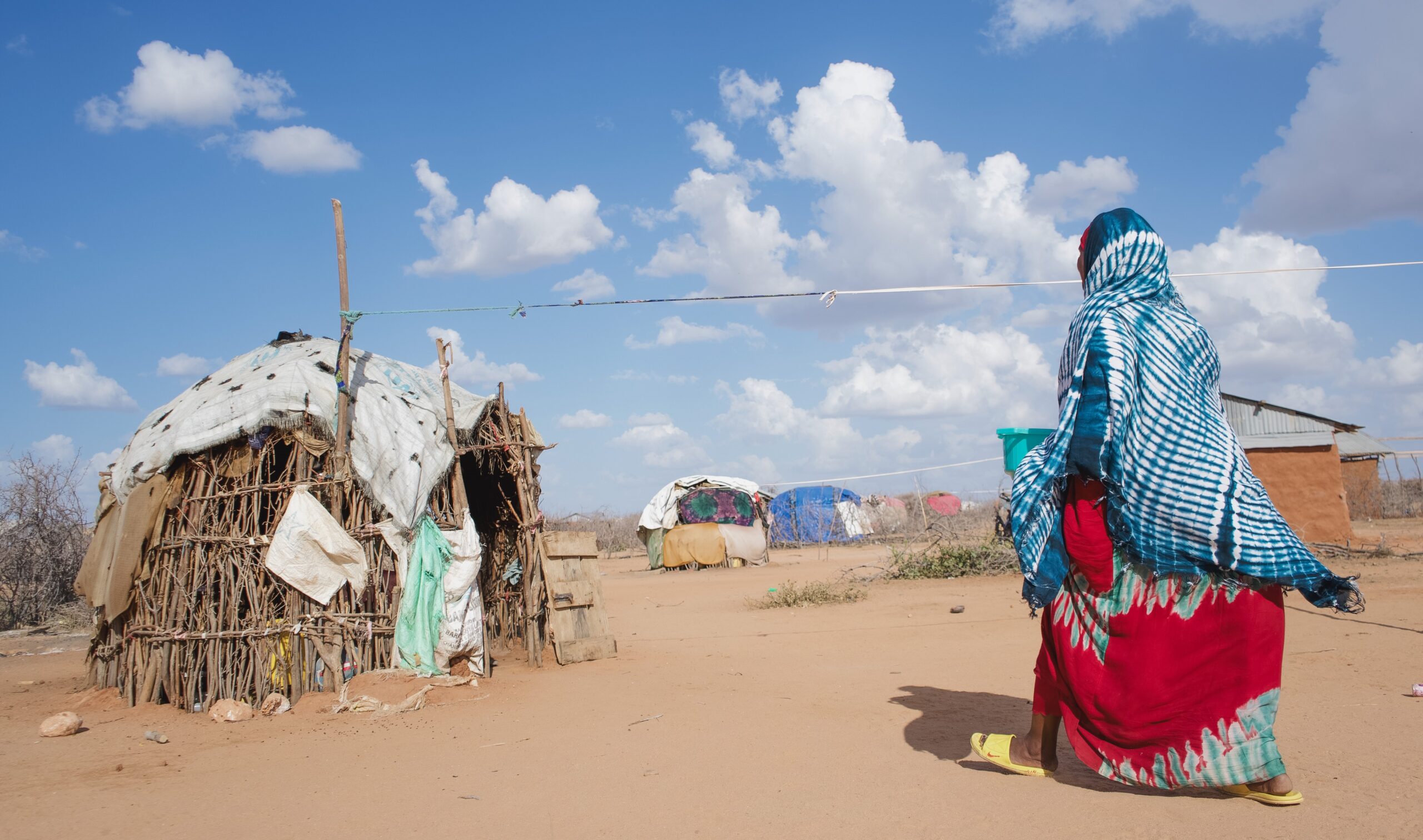“We had to run for our lives. We didn’t want to move here, but we had no choice. Some of us live in tents, others without even that. It’s just struggle.” – Hadija Jillo, a pastoralist from northern Kenya
As we near yet another crucial round of global climate talks, set to begin in Baku, Azerbaijan, on Monday, the stakes couldn’t be higher. Dubbed the “Finance COP,” these negotiations are about much more than high-level policies – they’re about securing funding that could mean the difference between survival and loss for millions of people already living on the frontlines of climate change.
This year, countries will be negotiating a New Collective Quantified Goal (NCQG) to channel desperately needed finance to lower-income countries bearing the brunt of a crisis they didn’t cause. Without dedicated climate finance, there can be no meaningful climate action, nor any real justice for those impacted.
The Reality of Climate Crisis for Millions
With each fraction of a degree of warming, the impacts of the climate crisis become even more devastating. In lower-income countries, communities are already losing lives, livelihoods, homes, and more to extreme weather events. Meanwhile, many of these same communities have contributed the least to the climate emergency.
Here in Scotland, we’ve seen the difference that a commitment to addressing climate loss and damage can make. Back at COP26, the Scottish Government made history as the first in the Global North to pledge financial support for loss and damage, inspiring other governments and laying groundwork for the establishment of a dedicated global fund for climate loss and damage at COP27. Today, however, that fund is still in development and the way it works will be crucial to whether or not it meets the needs of impacted communities.
Community-led Solutions from Kenya
Oxfam’s new paper, Communities in Charge: Lessons for the Global Fund for Responding to Loss and Damage, spotlights a Scottish Government-backed project in northern Kenya that is empowering communities to take charge of addressing their losses.
In Kenya’s arid Isiolo and Samburu counties, climate-related droughts and flooding have resulted in devastating losses – from damaged water systems to severe resource conflicts as people struggle to access basic resources. The project, delivered by Oxfam with local partners – the Arid and Semi-Arid Lands Humanitarian Network (AHN), Strategies for Northern Development and Merti Integrated Development Programme – has shown how communities can develop and deliver their own solutions when they are given the resources and decision-making power.
This initiative involved three key components:
- Water system repairs to ensure access to safe, reliable water.
- Cash grants for community-led projects – ranging from restocking herds to rebuilding schools – with a focus on women-led groups.
- Peacebuilding support to address conflicts arising over dwindling resources.
Each piece of this project was co-designed and implemented locally, allowing for solutions that are not only effective but also culturally and socially relevant.
Watch a short video about the project here.
Key Takeaways for Global Climate Action
With COP29 on the horizon and the Global Fund for Responding to Loss and Damage in progress, Kenya’s community-led solutions highlight five vital lessons for scaling up this kind of support worldwide:
- Empower communities by providing time and resources to define their own needs and approaches to addressing climate loss and damage.
- Champion local leadership by putting grassroots groups in charge of funding and project design.
- Address gender inequalities through gender-transformative solutions that redress existing imbalances.
- Recognise peacebuilding as a crucial component of climate response, particularly in regions prone to conflict.
- Focus on the long term by aligning programmes with national priorities and supporting local leadership with flexible, sustained funding.
As the world turns its attention to these climate talks, we’re reminded that real solutions come not from policy statements but from those already dealing with the harsh realities of climate change. By supporting and empowering these communities, we can make real progress toward a just and sustainable future.
